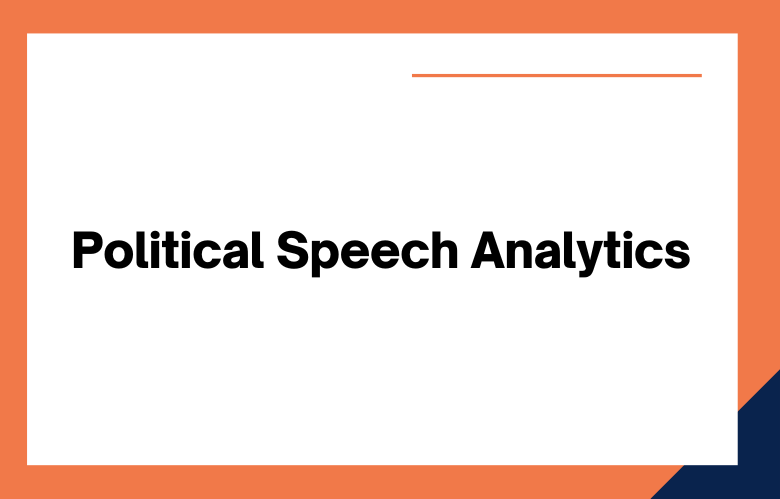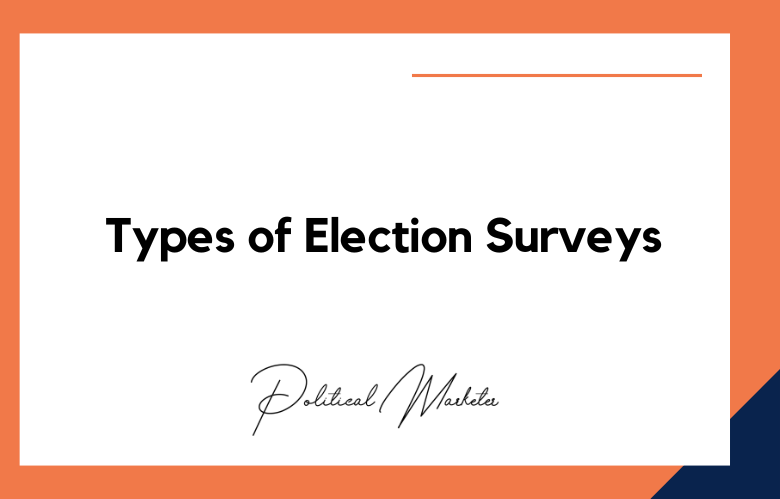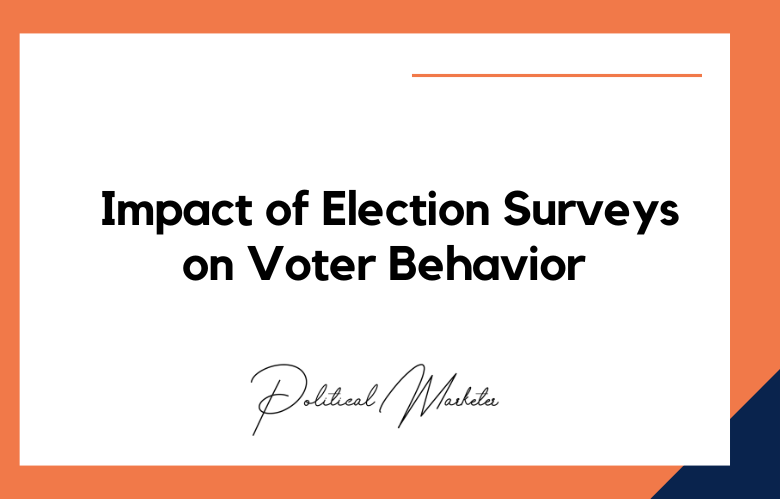In a world where data is everything, it’s no surprise that speech analytics is becoming increasingly popular in politics. By analyzing the speeches of political candidates, we can gain valuable insights into their thoughts and beliefs. In this blog post, we’ll explore how speech analytics can deliver valuable insights to political campaigns.
What is Speech Analytics?
Speech analytics analyzes recorded phone conversations to extract actionable insights. In political campaigning, speech analytics can track voter sentiment, gauge support for a particular candidate or issue, and identify potential voters who may be persuadable.
The study is often used to identify political maneuvers, analyze voter sentiment, and identify topics and concepts that can gain traction in a political environment. Political speech analytics technology also helps to segment speech into phrases and words and identify the sentiment behind those phrases and words.
How does it Work?
Campaigns first need to record phone conversations with voters to use speech analytics. These can be outbound calls made by campaign staff or inbound calls made by voters to a campaign’s call center. Once the calls have been recorded, they are fed into a speech analytics platform and automatically transcribed and analyzed.
The platform will generate a report that provides insights into what voters are saying, their feelings, and what issues are most important to them. Campaign staff can use this information to adjust their message and targeting.
The Basics of Political Speech Analytics.
Political speech analytics involves data mining, natural language processing, and machine learning techniques, which extract the various metadata associated with political speeches and aggregate it to provide meaningful insights. Data mining techniques help to gather large volumes of data from a variety of sources, including transcripts of speeches, TV news transcripts, social media feeds, and public opinion polls. The next step is to clean and process this data using natural language processing techniques. Finally, machine learning algorithms can identify patterns and significant insights from the processed data.
Applications of Political Speech Analytics.
The application of political speech analytics can be beneficial during political campaigns. Candidates use this technology to analyze public sentiment towards their movements, identify pain points they can address, and make strategic campaign decisions. Political parties can also leverage insights from political speech analytics to understand voter concerns and make informed policy decisions. Political speech analytics can also be used to track political sentiment during debates, which can serve as a helpful tool to measure audience reaction, edit future speeches or formulate polished responses ahead of the election.
The Limitations of Political Speech Analytics.
Despite the significance of political speech analytics, the technology in its earlier stages still has limitations. For example, not all data can be sourced, especially if it’s not directly related to a candidate or critical during an election period. Linguistic subtleties can also challenge natural language processing, requiring significant manual analysis to decipher meaning.
The Power of Speech Analytics in Politics.
Speech analytics uses artificial intelligence (AI) to analyze large amounts of unstructured data, like call center recordings, social media posts, and survey responses. By analyzing this data, businesses can uncover trends and sentiments that would be otherwise hidden. And as we head into election season, speech analytics can provide valuable insights into voters’ feelings.
The future of Political Speech Analytics.
Artificial intelligence and machine learning are likely to become more widespread in the political arena, given the numerous benefits it offers. With accurate political insights at our fingertips, the public will be better able to make informed decisions, and politicians will be more mindful of the impact of their speeches.
Benefits of Speech Analytics.
There are numerous benefits of using speech analytics for political campaigns, including:
- Improved message discipline;
- More effective targeted outreach;
- Identification of persuadable voters;
- Greater insight into why people are voting for or against a particular candidate; and
- Improved customer service for callers in a campaign’s call center.
How Speech Analytics Works.
Speech analytics is analyzing spoken language to extract meaning and insights. This process can be used to analyze spoken language, including political speeches. When speech analytics is applied to political speeches, it can help us understand the candidates’ thoughts and beliefs on various issues.
To understand how speech analytics works, let’s look at an example. Imagine you’re a political analyst and want to know how voters feel about a particular candidate. You could analyze a database of recorded phone calls made to a voter hotline using speech analytics.
You could start by looking at the overall sentiment of the calls. Are voters angry, happy, or somewhere in between? You could also look at the topics that are being discussed the most.
Are voters most concerned with healthcare, the economy, or national security? By analyzing this data, you can better understand what issues are important to voters and how they feel about the candidates.
For example, we want to understand how presidential candidate A feels about the economy. We could use speech analytics to analyze the candidate’s speeches on the economy. From this analysis, we might learn that the candidate generally speaks positively about the economy and believes it is improving. This information would be valuable to know when making decisions about campaign strategy.
Speech analytics can also be used to compare multiple candidates side-by-side. For example, If we want to compare presidential candidates A and B on the issue of healthcare.
We could use speech analytics to analyze both candidates’ speeches on healthcare. This analysis shows that Candidate A generally speaks positively about healthcare reform while Candidate B opposes it. This information would be valuable to know when deciding which candidate to support.
There are many other potential uses for speech analytics in politics, such as identifying potential donors, understanding voter sentiment, etc. The possibilities are endless!
Speech Analytics in Action: The Iowa Caucus Debacle
To help make their case, analysts used speech analytics to look at recorded phone calls made to the Iowa Democratic Party hotline. They found that calls spiked after the initial results were delayed, with many people expressing anger and frustration with the situation.
They also found that callers were mainly concerned with transparency and ensuring that every vote was counted accurately. Based on these findings, analysts recommended against releasing incomplete results and urged party leaders to take steps to ensure confidence in future elections.
Conclusion
Speech analytics is the most powerful tool that can be used to gain valuable insights into the thoughts and beliefs of political candidates. This information can be used to make decisions about campaign strategy, compare multiple candidates side-by-side, and much more.
Politicians and pundits aren’t the only ones who can provide insights into an election; businesses can get too! Using speech analytics to analyze large amounts of unstructured data, companies can uncover trends and sentiments that would be otherwise hidden. So as we head into election season, keep an eye out for businesses using speech analytics to provide valuable insights into voters’ feelings. It might just give you a leg up on your competition come Election Day!










